
Initial Coin Offering (ICO): Quick Comprehensive Guide
When you start reading, learning, and investing in the cryptocurrency market, you always come across the term “Initial Coin Offering” (ICO). And you wonder what

When you start reading, learning, and investing in the cryptocurrency market, you always come across the term “Initial Coin Offering” (ICO). And you wonder what

Panic Selling Your Cryptocurrency: The cryptocurrency market is highly volatile. And with the pandemic and any political tension increase the volatility of the market. Investors
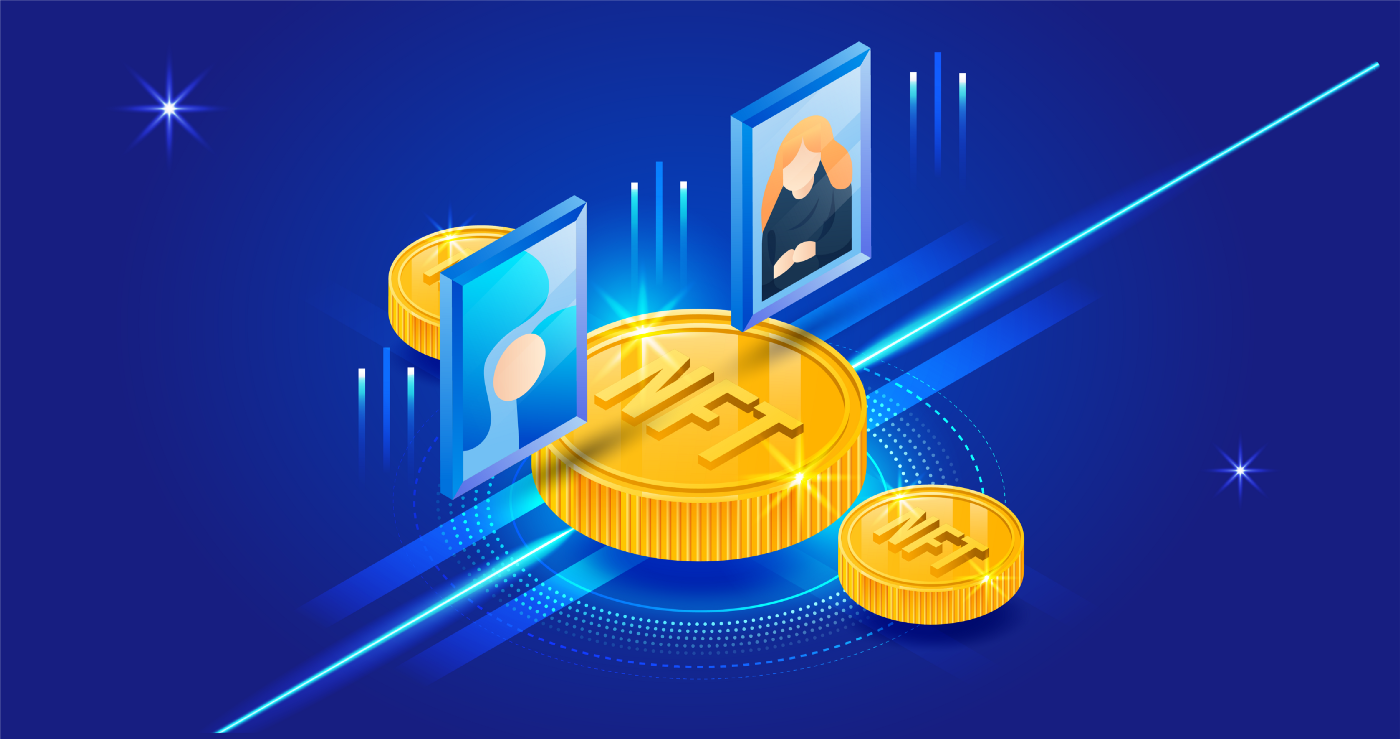
NFTs have gained rapid momentum and recognition in 2021. And it’s no wonder when experts say that NFTs will be all the rage in 2022

Have you decided to invest in cryptocurrency? If so, you might be looking to buy your first bitcoin or ether or any other crypto coin.
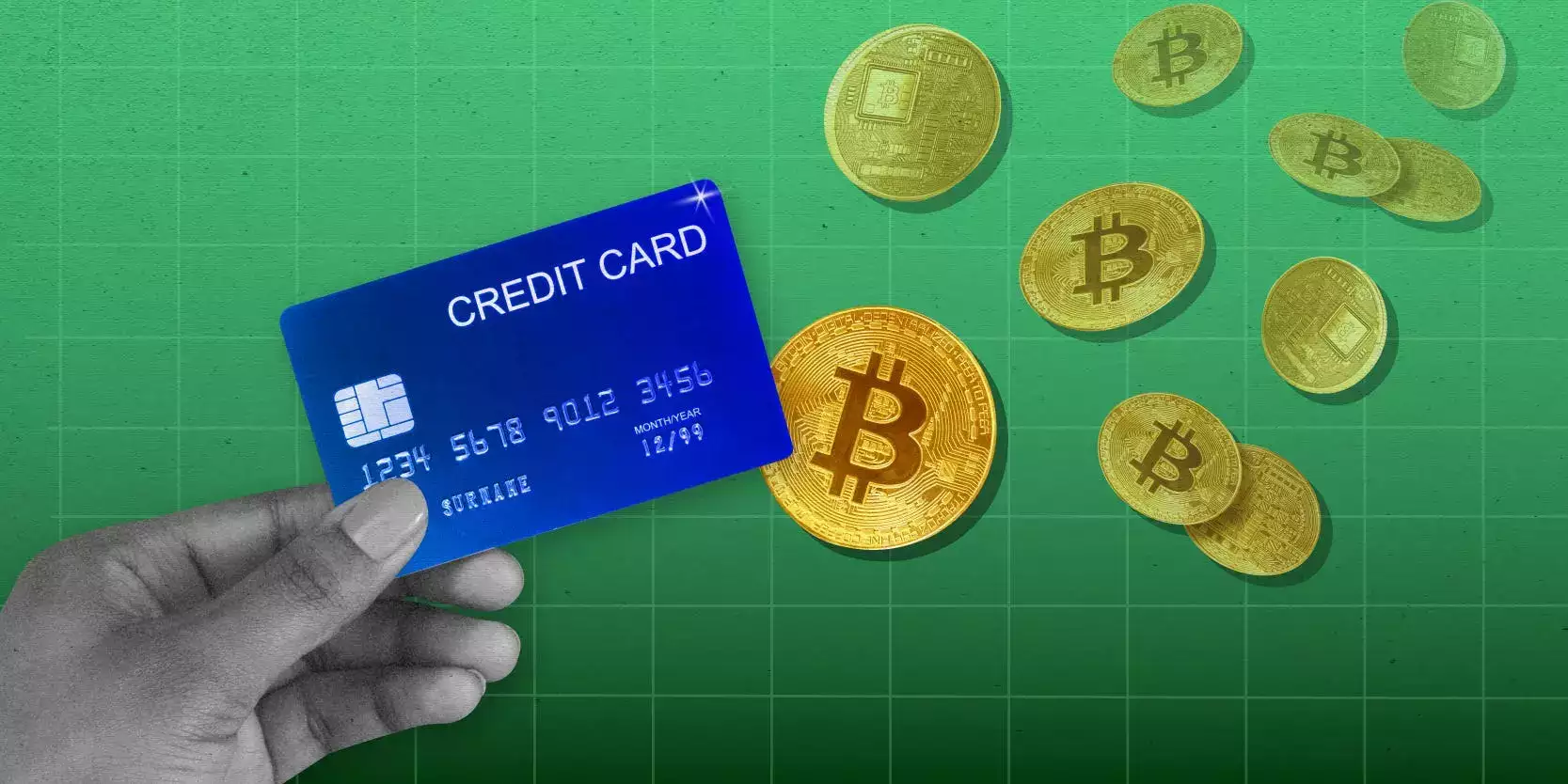
Cryptocurrency and Credit Cards: First introduced in 2009, cryptocurrency, especially bitcoin, has gained recognition in the past few years. Rising Bitcoin prices and the introduction

Invest in Crypto Market: If there is one factor that has always pushed investors away from investing in the crypto market, it is the volatility
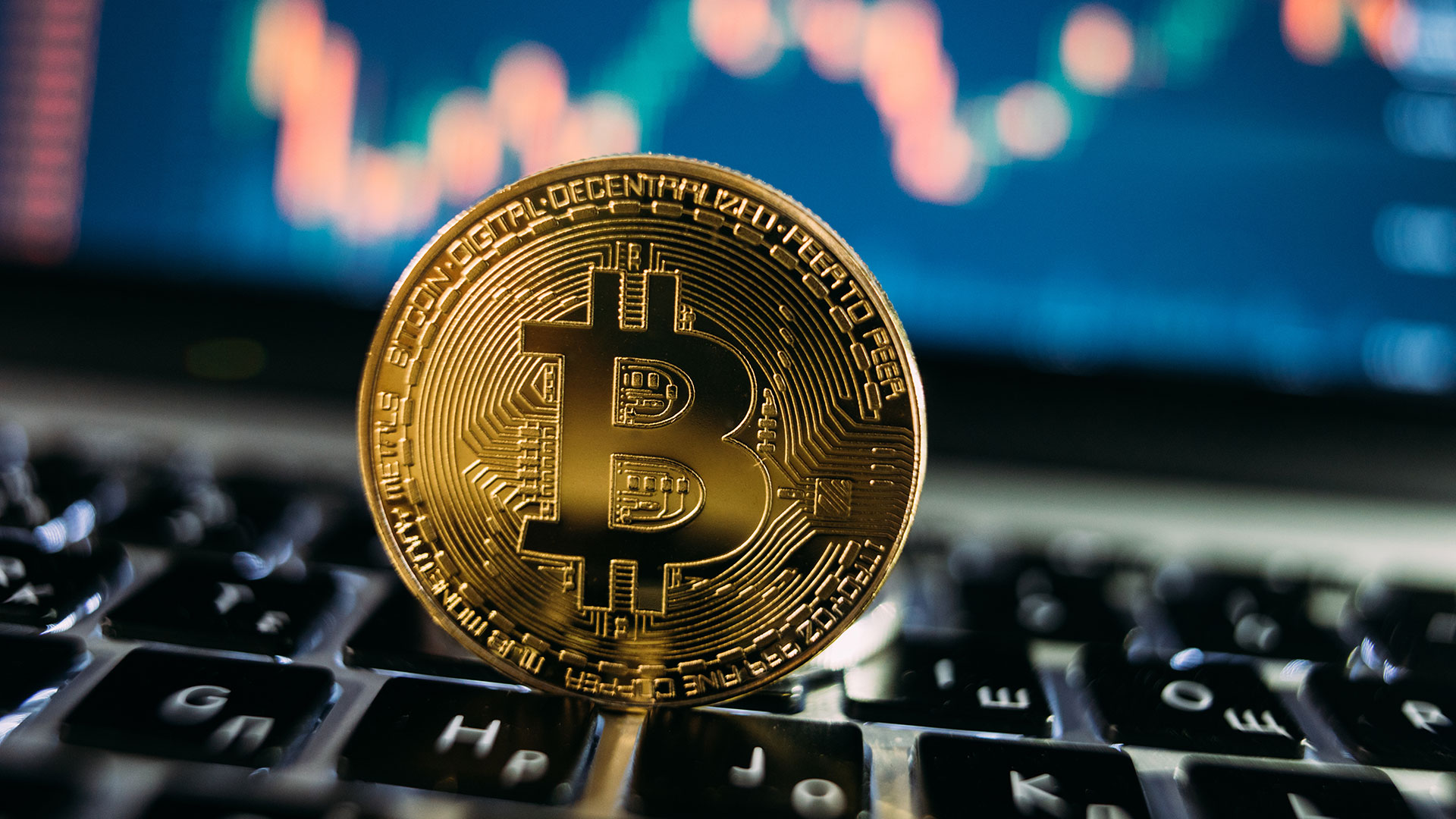
In the past four years, Bitcoin hasn’t implemented any upgrade until now. The latest upgrade on the Bitcoin network is Taproot. The main aim of
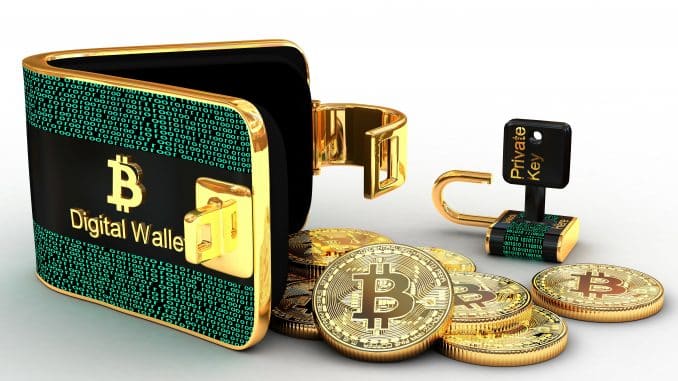
Bitcoin Digital Wallet: Bitcoin is one of the most popular cryptocurrencies in the market. In fact, amongst all cryptocurrencies, bitcoin has the largest market capitalization
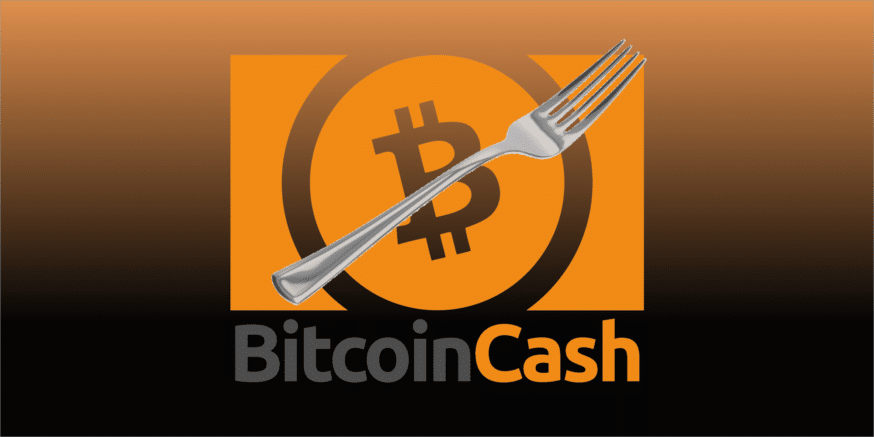
Bitcoin Hard Forks: Satoshi Nakamoto, the mysterious software developer released bitcoin in early 2009. This was the first cryptocurrency ever to be released. And since

Automated trading systems are taking over financial markets. A study found that they account for substantial trade volumes, especially in the commodities and futures market.